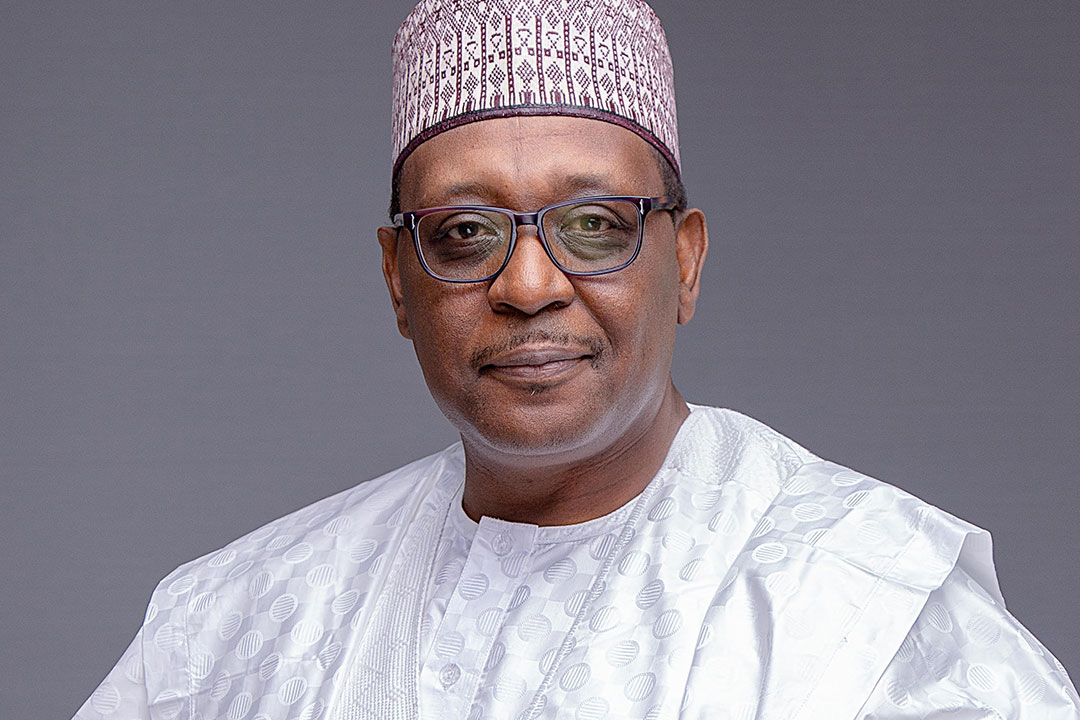
Pate made this known during Gavi’s visit to the Primary Healthcare Centre in New Karu, Karu Local Government Area of Nasarawa State.
He said, “Malaria is a very important disease that we should tackle, just like we tackled polio.
“Gavi just told us that they will prioritise Nigeria in the rollout of the new malaria vaccine over time. That does not mean no more nets, that does not mean no treatment, but at least we have additional tools in the fight against malaria.”
The minister noted that there had been a lot of investment from the National Primary Health Care Development Agency, the State Government and development partners with great results in reaching the children with life-saving vaccines.
He, however, noted there were still many children that were missed and there was the need to ensure that they are immunised.
Earlier in July, Nigeria was excluded from the twelve countries across different regions in Africa to receive 18 million doses of the first-ever RTS,S/AS01 malaria vaccine from 2023 to 2025.
The RTS,S/AS01 vaccine is the first vaccine recommended for use by the World Health Organisation to prevent malaria in children in areas of moderate to high malaria transmission.
The joint statement from Gavi, WHO, and UNICEF partly read, “Since 2019, Ghana, Kenya, and Malawi have been delivering the malaria vaccine through the Malaria Vaccine Implementation Programme, coordinated by WHO and funded by Gavi, the Global Fund to Fight AIDS, Tuberculosis and Malaria, and Unitaid.
“The RTS,S/AS01 vaccine has been administered to more than 1.7 million children in Ghana, Kenya, and Malawi since 2019 and has been shown to be safe and effective, resulting in a substantial reduction in severe malaria and a fall in child deaths. At least, 28 African countries have expressed interest in receiving the malaria vaccine.
“In addition to Ghana, Kenya, and Malawi, the initial 18 million dose allocation will enable nine more countries, including Benin, Burkina Faso, Burundi, Cameroon, the Democratic Republic of the Congo, Liberia, Niger, Sierra Leone, and Uganda, to introduce the vaccine into their routine immunisation programmes for the first time.”
During the visit, the Executive Director, NPHCDA, Dr Faisal Shuaib, said the choice of Nasarawa State was because of its investments in immunisation and primary health care.
Shuaib therefore promised them that the dividends of their visit would be visible over the course of the next few weeks.
On his part, the Chief Executive Officer of Gavi, David Marlow, said the visit was also to, “make sure we understand your need and your challenges, because Gavi is here to look after the countries that we work in, and your voices therefore matters.
“And we would continue the strong partnership that we built over many years since the year 2000. And we have been active in Nigeria and although there have been many, many accomplishments in making progress in overall health care in the country, there is still a huge amount of work to be done.
“Now Nigeria has the largest zero dose children population in the world, with 2.3 million we spoke earlier, with the Honourable Professor Pate about the future opportunity to prevent deaths in Nigeria and the potential is by 2030 to save 5.6 million people’s lives, and that does not even exclude many other potential vaccines such as malaria that we can bring to this country.
“So our partnership is so important to us and we will do everything that we can for the communities, and to serve the country. You have time today, and I’m here to listen carefully to what you have to tell us so that we can go back and strengthen the work that we do”, he said.
The Etsu of Karu, Luka Panya Baba thanked Gavi and the government for reaching his community with lifesaving vaccines.





